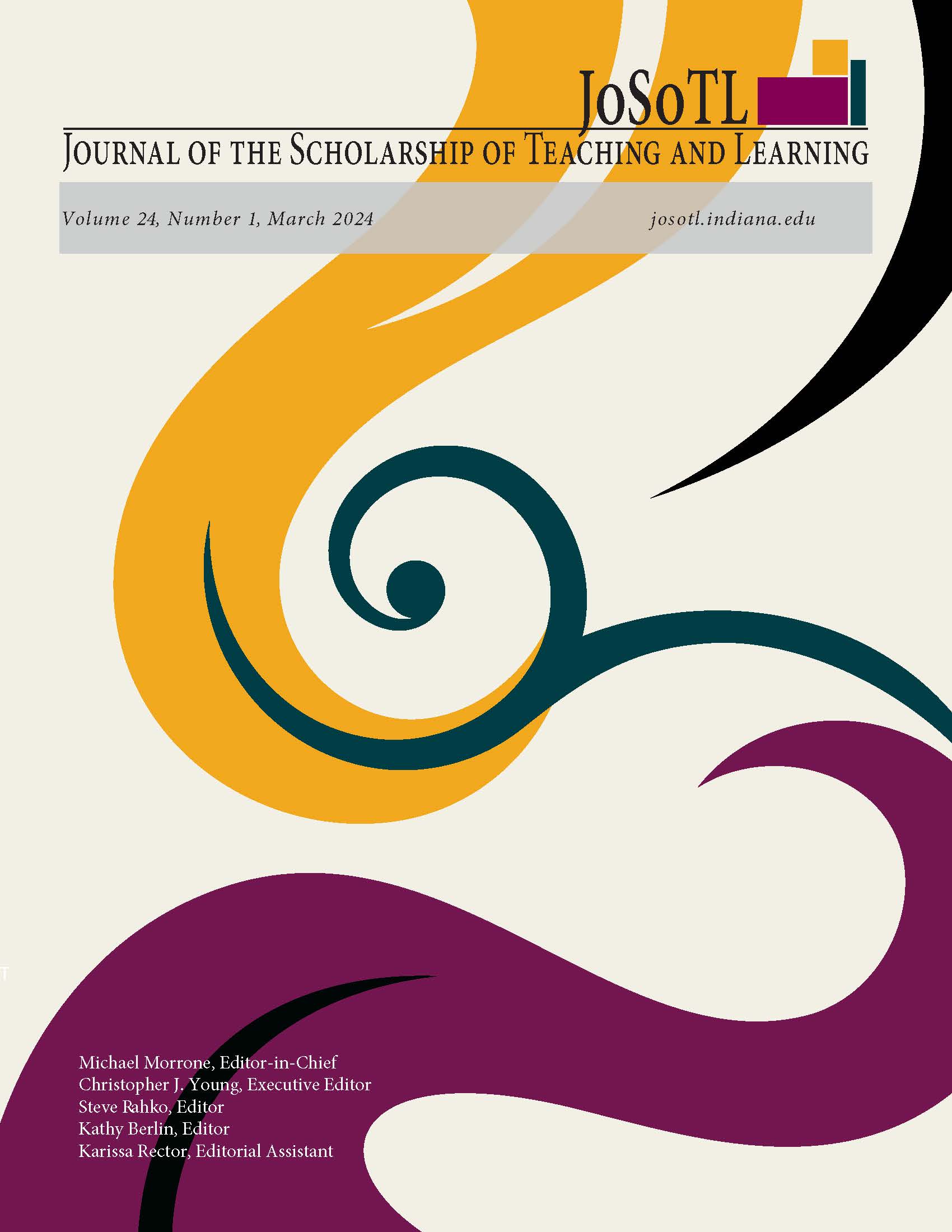Student-Teacher Alliance Buffers Against the Impact of Moderate Math Anxiety on Course Performance among College Students
Main Article Content
Abstract
Students with math anxiety experience low self-efficacy and high levels of distress when asked to approach math tasks and concepts, which often results in poor course performance. Despite the wealth of research on this construct, relatively little is known about how math anxiety impacts math achievement in college-aged students or what types of classroom-based processes might buffer against this harmful effect. The present study therefore examined the student-teacher alliance as a potential buffer against the detrimental effect of math anxiety on course grades in a sample of non-STEM college students enrolled in a required mathematics course. Students completed questionnaires regarding their math anxiety, overall anxiety, perception of their alliance with their course instructor, and class grade over the course of a semester. Results indicated that, although elevated math anxiety was associated with poorer course performance, this link was weakened for students who perceived themselves to have a stronger relationship with their instructor. However, this moderation effect was present for students with low to moderate, but not high, math anxiety. Findings highlight the importance of college-level math instructors attending to the student-teacher alliance as a potential anxiety mitigation strategy, particularly for students with moderate levels of math anxiety.
Downloads
Article Details

This work is licensed under a Creative Commons Attribution 4.0 International License.
- Authors retain copyright and grant the Journal of the Scholarship of Teaching and Learning (JoSoTL) right of first publication with the work simultaneously licensed under a Creative Commons Attribution License, (CC-BY) 4.0 International, allowing others to share the work with proper acknowledgement and citation of the work's authorship and initial publication in the Journal of the Scholarship of Teaching and Learning.
- Authors are able to enter separate, additional contractual agreements for the non-exclusive distribution of the journal's published version of the work (e.g., post it to an institutional repository or publish it in a book), with an acknowledgement of its initial publication in the Journal of the Scholarship of Teaching and Learning.
- In pursuit of manuscripts of the highest quality, multiple opportunities for mentoring, and greater reach and citation of JoSoTL publications, JoSoTL encourages authors to share their drafts to seek feedback from relevant communities unless the manuscript is already under review or in the publication queue after being accepted. In other words, to be eligible for publication in JoSoTL, manuscripts should not be shared publicly (e.g., online), while under review (after being initially submitted, or after being revised and resubmitted for reconsideration), or upon notice of acceptance and before publication. Once published, authors are strongly encouraged to share the published version widely, with an acknowledgement of its initial publication in the Journal of the Scholarship of Teaching and Learning.
